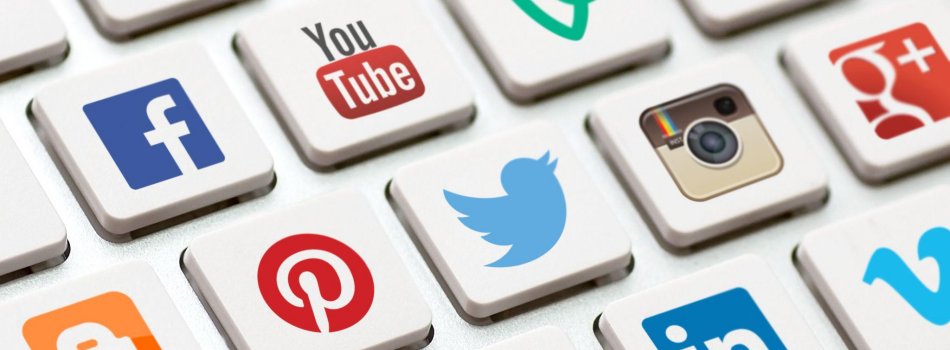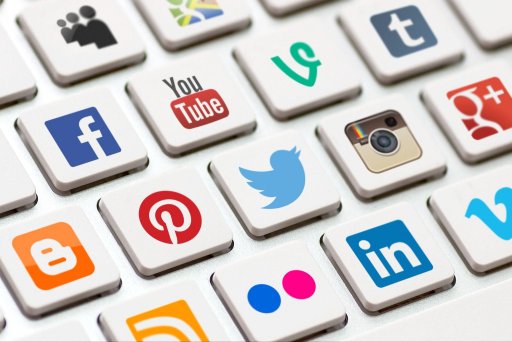
Highlights
- As a therapist, using a practical social media guide to marketing your practice can help you boost patient numbers and revenue.
- The basics of social media marketing for therapists include focusing on local reputation, choosing the right social channels, and creating engaging content.
- Support your social media marketing strategy with scalable EMR software from ClinicSource.
Using a social media guide to develop a marketing strategy for your therapy practice can streamline your efforts and help you see results. By understanding why social media marketing is essential and familiarizing yourself with basic tips and tricks of social media for therapists, you can grow your practice and help more patients improve their mental health.
ClinicSource Social Media Guide: Importance of Social Media Marketing for Therapists
Social media is integral to any digital marketing strategy. For mental health therapists, social media marketing can extend your reach and help you connect with and schedule clients who can benefit from your information and services.
The American Psychological Association (APA) reports that since the pandemic in 2020, mental health practitioners have seen a 10% increase in patients with anxiety disorders, 12% in those with depressive disorders, and 12% in patients with stress or trauma-related disorders.
With the increase in behavioral health needs, it’s important for therapists to reach patients and market their services. Social media marketing allows you to highlight how you can help potential patients, make them aware of your practice and the services you offer, and share helpful information through content that can make a difference in their lives.

Building Your Local Reputation Through Social Media
As part of your social media marketing guide, a strong social media presence targeting your community can help you develop a following of potential clients. You need to create valuable, quality content to improve your credibility as a mental health therapist while reaching out to those who need support.
Local SEO
Local search engine optimization (SEO) is a strategy to boost your therapy’s visibility in the search engine results. For instance, people may search for “therapists near San Diego” or therapists with specific services such as cognitive behavioral therapy.
Keyword tools such as Ahrefs and SEMrush can help you find the keywords with high search volumes, such as “PTSD therapist San Diego,” so potential clients can find you.
Google Business Profile
Optimizing your Google Business Profile can also help clients find your practice when they search for therapists near them. You can create your Google Business Profile for free and include your practice’s address, images of your location, operating hours, available services, and scheduling links. You can also include local SEO keywords in the business description to boost local visibility.
Review Platforms
It is important to list your mental health practice on other mental health review platforms such as Psychology Today, GoodTherapy, and Healthgrades to boost your local SEO. Clients can leave online reviews that help potential patients decide to book an appointment with your practice.
Choosing the Right Social Media Channels
Targeting your audience on their favorite social media channels is key to getting their attention. Since 72% of Americans use social media, platforms like YouTube, Facebook, and Twitter can help you engage with your audience and share crucial information.
Consider the demographics of your current clients and the type of client you wish to attract. If you work with teenagers and young adults, Instagram may be your best choice; 71% of Americans between the ages of 18 to 29 are active on the platform. If you primarily work with clients over 30, you might choose Facebook, where among users between the ages of 30 and 49, 77% are active users, and 73% of users between the ages of 50 and 64 are active.

What to Post on Social Media
A well-rounded social media plan should include the following types of posts, depending on your social media platform:
Educational Content
Educational and informative content is an excellent idea for all platforms. Touch on issues like appropriate language and terminology regarding mental health, signs of anxiety or depression, or debunking mental health myths.
Depending on your preference and patient demographics, offer this content in long-form blogs or short videos.
Polls/Questionnaires
An excellent strategy for therapists is to post polls or questionnaires for your audience. These tools help you assess the needs and experiences of potential patients so you can provide relevant services.
For example, you can ask, “What is your biggest mental health concern?” or “What is something you wish your last therapist had done?” to gain insight into how to structure your services.
This type of content also encourages interaction by your target audience, which helps to broaden your reach in your community.
Helpful Mental Health Tips
Mental health tips are an excellent type of post for social media. You can offer quick tips on how to handle anxiety with breathing or how to set boundaries with loved ones to help people looking for a bit of guidance with these topics.
Inspirational Stories
If you get express permission from a patient, consider sharing (or asking them to share) their story on social media. Inspirational or success stories can include a patient overcoming a fear or getting out of an unhealthy relationship to inspire others to work on their mental health.
Special Marketing Considerations for Therapists
While social media marketing for therapists is essential to growing your practice, you must consider ethical guidelines when creating content. Keep the following tips in mind to ensure your content doesn’t break ethical boundaries.
- Never discuss a specific patient’s story/case without consent.
- Set firm boundaries on social media regarding client interaction on platforms.
- Always offer a disclaimer that your social media doesn’t constitute a therapeutic relationship.
- Use professional language and interact with other creators carefully.
Remember that all posts and comments are public, so always act with integrity and in a way that represents your practice and its ethos.
Support Your Social Media Plan With ClinicSource
ClinicSource is an all-in-one EMR platform for therapists that can support your social media marketing efforts. As your therapy practice expands, it’s essential to have practice management processes in place that keep you organized, especially with scheduling, billing, and documentation.
ClinicSource is made for scalability, allowing you to build your subscription as your marketing efforts pay off and your practice grows. Our platform offers customizable documentation templates, automated billing, and insurance processing to free up more time to spend with your patients and focus on a wider-reaching social media marketing strategy.
Schedule a demo with ClinicSource today to learn how you can streamline your therapy practice’s workflow and boost your revenue.
Let Us Show You







